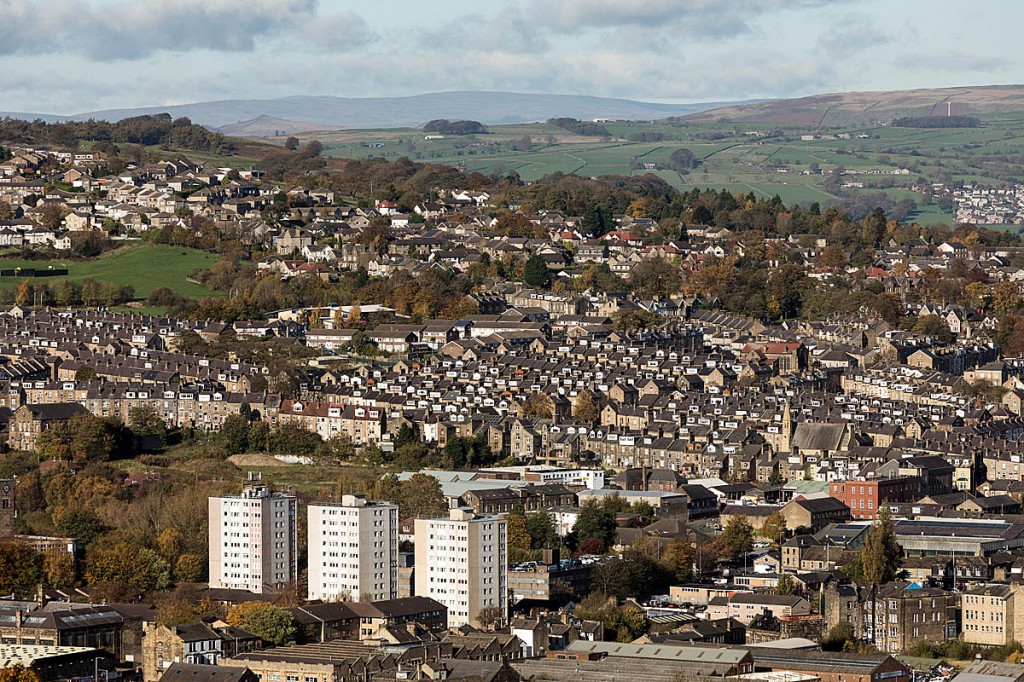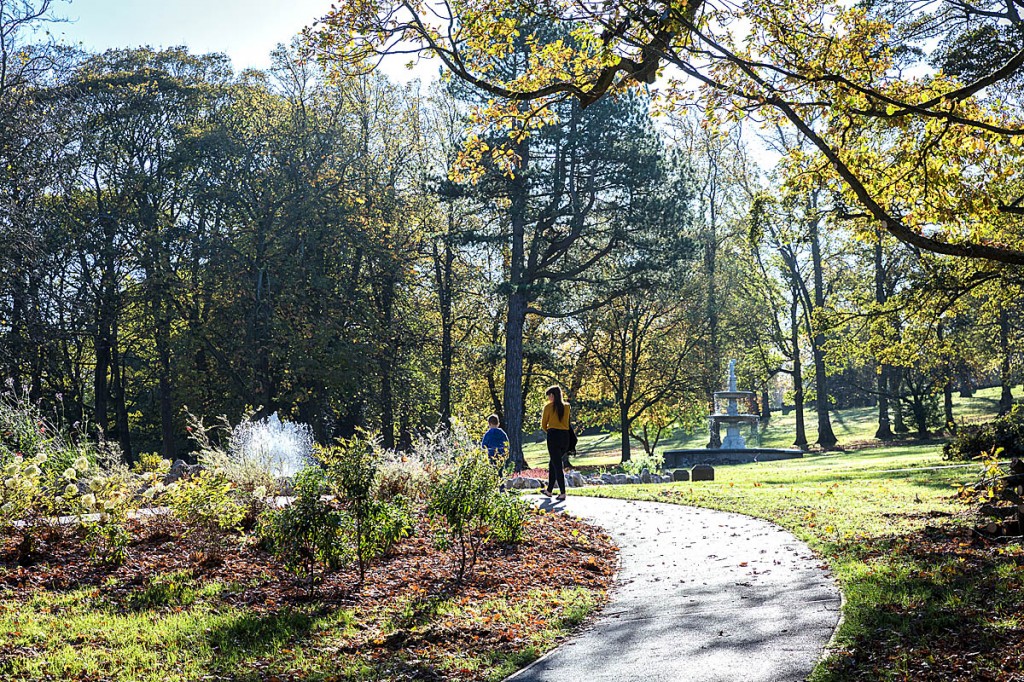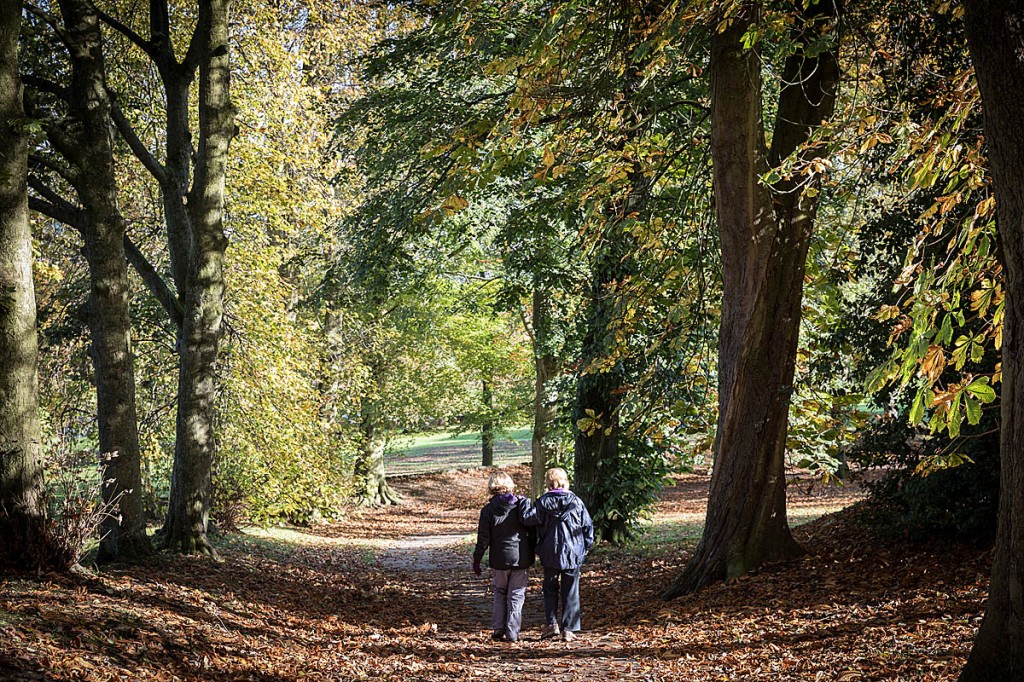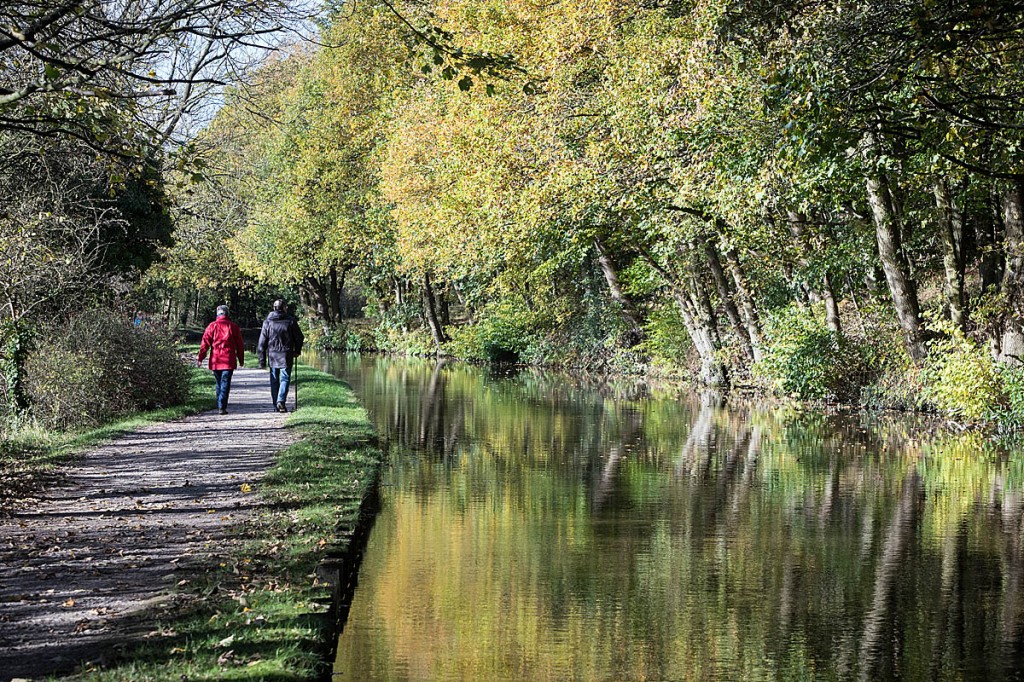The Ramblers, the campaigning charity that champions access to the countryside, is turning its attention to green areas on people’s doorsteps.
A survey commissioned by the organisation during the Covid-19 lockdown emphasised the public’s need to walk in green spaces close to where they live.
The Ramblers are calling for the government to introduce legally binding targets to guarantee everyone can access nature, wherever they live.
The charity published on Wednesday a report, The grass isn’t greener for everyone: Why access to green space matters, which drew on research that found two-thirds of adults in Great Britain reported being able to access green space in their local area has always been important to them, with an additional one in five adults saying that green space in their local area is more important to them now than before the Covid-19 pandemic.
Only 57 per cent of GB adults questioned said that they lived within five minutes’ walk of green space, such as a local park, nearby field or canal path.

People from deprived backgrounds were less likely to have access to green space than those from more affluent areas. Photo: Bob Smith/grough
There was a disparity between higher-income adults and those from more deprived backgrounds, as well as between ethnic minorities and the larger population. Only 39 per cent of people from a black, Asian or minority ethnic background had green spaces nearby and 46 per cent of all Great Britain adults with a household income of under £15,000, compared to 63 per cent of those with a household income over £35,000 and 70 per cent over £70,000.
The research found that found that green spaces were considered important to almost everyone, with the top reason – 78 per cent of respondents – being that they are a good place to walk and more people planning to continue to walk more in general when restrictions have ended.
A Ramblers spokesperson said: “While millions of us have found comfort in walking and nature during the pandemic, it’s not the same story for everyone.
“With one in eight households having no access to a private or shared garden, many people felt the lack of a park or nearby green space keenly during the restrictions of lockdown.
“The Ramblers, who have a long history of campaigning to improve people’s access to the open countryside, are now turning their attention to those green spaces closer to home.
“So important is it to our health and quality of life, that they believe access to nature should be backed by legally binding targets, similar to those being proposed around biodiversity, air and water quality and waste reduction.”
The charity said no-one should live more than a five-minute walk from green space, and are calling for the Environment Bill to include a requirement for long-term binding targets for access to nature, to ensure everyone can enjoy the benefits of living in green and nature-filled towns and cities.
Only 35 per cent of those surveyed described the streets where they live as green with lots of trees and plants. Three out of five GB adults said their quality of life would be improved if there was more nature in their local area, compared to just 28 per cent who said more pubs and entertainment venues in their local area would improve their quality of life.
More than half of adults said more green spaces near where they lived would make their quality of life better, 62 per cent said better maintained green spaces would improve their quality of life and 60 per cent thought more or better walking routes near where they live would improve their quality of life.
Earth scientist and Ramblers member Dr Anjana Khatwa said: “I grew up in the heart of Slough and as a child my experience of nature was limited to the local park and the school playing field.
“Today I live in rural Dorset and walking in the landscape is an essential part of my life; it is critical to my health and wellbeing.
“Having worked in the natural heritage sector for over 20 years, I am deeply aware of the inequity of access to natural spaces for black and Asian communities and those living in deprivation.
“The heavy visitation to rural and coastal spaces once lockdown was lifted, demonstrated to me that our underserved communities crave to be in spaces rich with natural capital. Imagine a world where you could leave your city centre flat and within five minutes be walking through a field of wildflowers buzzing with wildlife.
“This is what we are asking the government to include in the Environment Bill. To recognise that every person, no matter where they live, has a human right to access green spaces that allows them to connect with nature and their landscape.”
An Environment Agency report published last week also highlighted the important of linking people to nature, emphasising the importance of ‘strategic design and planning of communities that will enable people to live healthy, fulfilling lives, while protecting the nation’s natural environment.’ It said the economic benefits of doing so, in terms of health and social costs avoided, are enormous.
Terry Vincent explained why it’s so important to her to walk surrounded by nature: “We live in a flat in a built-up area, and we’ve no private garden, but it’s still lovely because we have access to two nature reserves within a few minutes’ walk. Proximity is everything when you don’t drive and there’s minimal public transport.
“It’s when I’m outdoors and away from machine noises that I feel my connection to the whole planet most. In green spaces I feel self-aware and at the same time connected to everything I’m hearing and seeing. Sometimes it’s overwhelming.
“On my regular short walk around the fields I can hear birds, which I think are skylarks. The very first time I heard them I got a lump in my throat, the freshness of seeing something so new, that I’d never experienced before, brought me to tears of joy. How lucky I am.”
Gemma Cantelo, Ramblers’ head of policy and advocacy, said: “Walking in nature-filled green spaces makes us happier and healthier and during lockdown our local green spaces gave us places to walk, connect with nature, and destress.
“The restrictions of lockdown have made us appreciate our green spaces more than ever, and many of us plan to continue walking more in the future, for our health and wellbeing as well as to get from A to B; but not everyone experienced lockdown equally.
“We need to build on this new momentum and learn the lessons highlighted by the pandemic – people want to visit green spaces on their doorstep where they can be active and enjoy the benefits of connecting with nature.
“Our towns and cities should be designed to make this a reality, with nature-filled green spaces linked by safe, easy-to-follow walking routes. The Environment Bill couldn’t be more timely and the government needs to take this unique opportunity to put access to nature at the heart of it.”


